Home>Articles>How To Get Rid Of Gritty Feeling On Granite Countertops
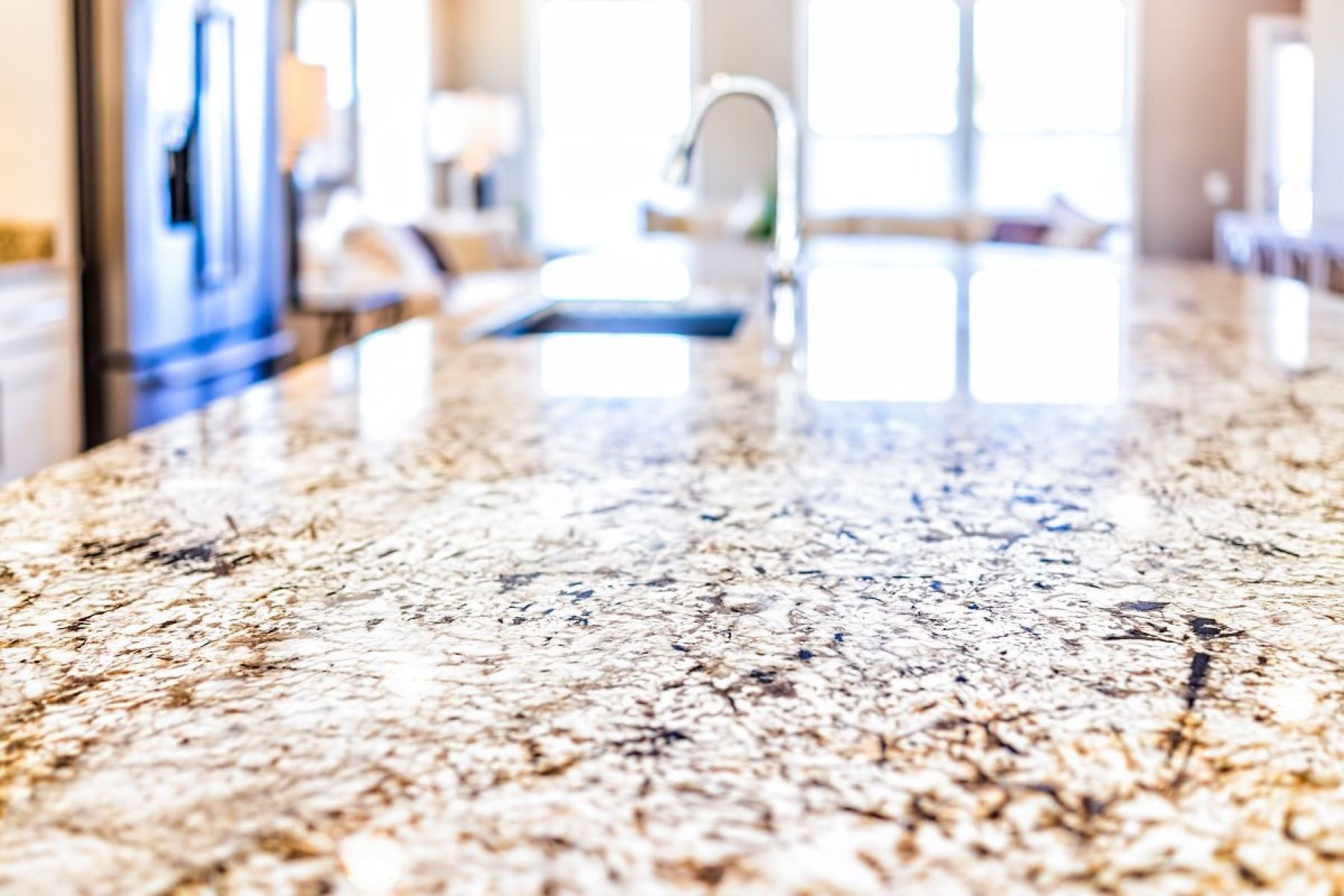

Articles
How To Get Rid Of Gritty Feeling On Granite Countertops
Modified: October 18, 2024
Discover effective articles on how to remove the gritty feeling on granite countertops and restore their smoothness.
(Many of the links in this article redirect to a specific reviewed product. Your purchase of these products through affiliate links helps to generate commission for Storables.com, at no extra cost. Learn more)
Introduction
Granite countertops are a popular choice for their durability and stunning visual appeal. However, sometimes these countertops can develop a gritty feeling that detracts from their beauty and smoothness. This gritty sensation can be frustrating and make the countertop less enjoyable to use.
In this article, we will explore the causes of the gritty feeling on granite countertops and provide you with effective methods to get rid of it. Whether you prefer natural home remedies or professional cleaning products, we have got you covered. We will also discuss how to maintain your granite countertops to prevent the gritty feeling from returning.
So, if you are tired of that unpleasant, rough texture on your granite countertops, keep reading to discover the best ways to restore their smoothness and bring back their original shine.
Key Takeaways:
- Understanding the causes of the gritty feeling on granite countertops, such as mineral deposits and improper cleaning, is crucial for selecting the most effective cleaning methods and preventive measures.
- Whether using natural home remedies or professional products, maintaining granite countertops’ smoothness requires regular cleaning, proper sealing, and preventive habits like wiping up spills promptly and using cutting boards.
Read more: How To Get Stains Off Granite Countertops
Understanding the gritty feeling on granite countertops
Before we dive into the solutions, it’s important to understand what causes the gritty feeling on granite countertops. Granite is a natural stone composed mainly of quartz and feldspar. It is mined from the earth and then cut and polished to create beautiful countertops.
Over time, various factors can contribute to the development of a gritty texture on the surface of granite countertops. One common reason is the presence of mineral deposits or hard water deposits. These deposits can build up on the surface and create a rough, gritty sensation when touched.
Another cause of the gritty feeling is the accumulation of food particles, oils, and other substances on the countertop. These can settle into the pores of the granite and create a rough texture. Additionally, improper cleaning methods or the use of harsh chemicals can also damage the surface of the granite, leading to a gritty feeling.
It’s important to note that the gritty feeling may not be limited to just the surface of the countertop. In some cases, the grittiness may be felt when running your hand along the edges of the granite as well. This can be caused by the accumulation of debris and dirt in the seams or joints of the countertop, or improper installation.
Now that we understand the potential causes of the gritty feeling on granite countertops, let’s move on to the methods to get rid of it and restore the smoothness and beauty of your countertops.
Causes of the gritty feeling on granite countertops
There are several factors that can contribute to the development of a gritty feeling on granite countertops. Understanding these causes can help identify the best methods for removing the grit and restoring the countertop’s smooth surface.
1. Mineral deposits: Hard water contains minerals such as calcium and magnesium. When hard water is used to clean granite countertops, the minerals can be left behind, creating a gritty sensation. Over time, these mineral deposits can accumulate and become more noticeable.
2. Food particles and oils: When cooking or preparing food on granite countertops, small food particles and oils can get trapped on the surface. If not properly cleaned, these particles can build up, creating a gritty texture. It’s important to remove spills and wipe down the countertops regularly to prevent this buildup.
3. Improper cleaning methods: Using harsh or abrasive cleaners on granite countertops can damage the surface and lead to a rough feeling. Similarly, using scrub brushes or abrasive sponges can wear down the protective sealant and make the surface more susceptible to grit and dirt.
4. Sealant wear and tear: Granite countertops are typically sealed to protect the surface from stains and damage. Over time, the sealant can wear off, exposing the porous surface of the granite. Without a proper seal, the granite is more prone to absorbing substances and accumulating grit.
5. Improper installation or maintenance: If the granite countertops are not installed correctly, or if the seams and joints are not properly sealed, debris and dirt can get trapped in these areas. This can lead to a gritty feeling when running your hand along the edges or seams of the countertop.
Identifying the specific cause of the gritty feeling on your granite countertops can help determine the most effective cleaning and maintenance methods. In the next section, we will explore different techniques to remove the grit and restore the smoothness of your countertops.
Cleaning methods to remove the gritty feeling
When it comes to removing the gritty feeling on granite countertops, there are several cleaning methods you can try. These methods are effective in removing mineral deposits, food particles, and other substances that contribute to the rough texture. Let’s explore some of these cleaning methods below:
1. Warm water and mild dish soap: Start by cleaning the countertop with a mixture of warm water and a mild dish soap. Gently scrub the surface using a soft cloth or sponge. This method helps remove dirt, oils, and some mineral deposits without causing any damage to the granite.
2. Baking soda and water paste: Create a paste by mixing baking soda and water to form a thick consistency. Apply the paste to the gritty areas on the countertop and gently scrub using a soft cloth or a non-abrasive sponge. Baking soda acts as a natural abrasive that can help lift off stubborn stains and eliminate the gritty feeling.
3. White vinegar solution: Mix equal parts of white vinegar and water in a spray bottle. Spray the solution onto the countertop and let it sit for a few minutes. Then, gently wipe the surface with a soft cloth or sponge. Vinegar helps dissolve mineral deposits and can leave your countertop feeling smoother.
4. Isopropyl alcohol: Isopropyl alcohol can effectively remove grease and oils from the surface of granite countertops. Apply some isopropyl alcohol to a cloth and gently wipe down the countertop. Make sure to rinse the area with water afterward to remove any residue.
5. Granite cleaner: Look for a specific granite cleaner that is designed to remove stains and restore the shine of granite countertops. Follow the instructions provided on the cleaner and use it to clean the entire surface of the countertop. This method can be especially effective for removing tough stains and restoring the smoothness of the granite.
After cleaning the countertop, it’s important to thoroughly rinse the surface with water to remove any cleaning product residue. Dry the countertop with a soft cloth to prevent water spots or streaks.
Remember, when cleaning granite countertops, it’s crucial to avoid harsh chemicals, abrasive scrubbers, and acidic substances like lemon or vinegar. These can cause damage and further contribute to the gritty feeling on the surface.
Now that you know how to clean your granite countertops effectively, let’s explore some natural home remedies that can help eliminate the gritty sensation.
Use a mixture of warm water and mild dish soap to clean the granite countertops. Avoid using acidic or abrasive cleaners, as they can cause a gritty feeling. Dry the countertops thoroughly to prevent water spots.
Home remedies for getting rid of the gritty feeling on granite countertops
If you prefer natural and DIY solutions, there are several home remedies that can help restore the smoothness of your granite countertops and eliminate the gritty feeling. These remedies are safe, affordable, and effective. Let’s take a look at some of the most popular ones:
1. Lemon juice and baking soda: Create a mixture of lemon juice and baking soda to form a paste. Apply the paste on the gritty areas of the countertop and scrub gently with a soft cloth or sponge. Lemon juice acts as a natural cleaner and can effectively remove stains and mineral deposits. Baking soda provides a gentle abrasive action to lift off the grit. Rinse the countertop thoroughly with water after scrubbing.
2. Hydrogen peroxide: Hydrogen peroxide is a powerful cleaning agent that can help remove tough stains and restore the smoothness of granite countertops. Apply a small amount of hydrogen peroxide to a soft cloth and gently rub the gritty areas. Let it sit for a few minutes, then rinse with water and dry thoroughly.
3. Vinegar and baking soda: Create a solution by mixing vinegar and baking soda. The mixture will fizz, creating a natural cleaning agent. Apply the solution to the gritty areas and let it sit for a few minutes. Gently scrub with a soft cloth or sponge, then rinse with water. This homemade cleaner helps dissolve mineral deposits and dirt, leaving your countertops feeling smoother.
4. Olive oil: Olive oil not only adds shine to your granite countertops but also helps moisturize and protect the surface. Apply a small amount of olive oil to a soft cloth and rub it onto the countertop. Buff the surface gently to spread the oil evenly. This can help reduce the gritty feeling and bring back the smoothness to your countertops. Make sure to remove any excess oil with a clean cloth after application.
5. Salt scrub: Mix salt and water to create a paste-like consistency. Apply the paste to the gritty areas and gently scrub using a soft cloth or sponge. The salt acts as a mild abrasive to remove dirt and stains. Rinse the countertop thoroughly with water and dry.
It’s important to note that while these home remedies can be effective, they may not completely remove deep stains or severe buildup. In such cases, using professional cleaning products and techniques might be necessary. Let’s explore those options in the next section.
Now that you have some natural remedies up your sleeve, it’s time to discover professional products and techniques that can help eliminate the gritty feeling on your granite countertops.
Read more: How To Restore Granite Countertops
Using professional products and techniques to eliminate the gritty feeling
If the gritty feeling on your granite countertops persists or if you prefer professional-grade solutions, there are products and techniques specifically designed to restore the smoothness and shine of granite surfaces. These options can provide more intensive cleaning and stain removal. Let’s take a look at some professional methods:
1. Granite cleaner and polisher: There are specialized granite cleaners available in the market that are formulated to remove tough stains and restore the smoothness of granite countertops. These cleaners are typically non-abrasive and safe to use on granite surfaces. Follow the instructions provided on the packaging to effectively clean and polish your countertops.
2. Poultice: A poultice is a thick paste made by combining a powdered cleaning agent with a liquid, such as water or hydrogen peroxide. The poultice is applied to the stained or gritty areas and left to sit for a specific period of time. This technique helps draw out stubborn stains and mineral deposits from the pores of the granite. After the recommended time, the poultice is removed and the area is thoroughly cleaned and dried.
3. Diamond grinding and polishing: For severe cases of buildup, professional granite restoration companies may use diamond grinding and polishing techniques. This involves using specialized equipment with diamond pads to grind and polish the surface of the granite, effectively removing deep stains, scratches, and restoring its smoothness. This method requires expertise and is generally recommended for more extensive restoration projects.
4. Resealing the countertop: If the sealant on your granite countertop has worn off or is damaged, applying a new sealant can help prevent further accumulation of dirt and grit in the future. Professional granite maintenance companies can assess the condition of your countertop and recommend the appropriate sealant and resealing schedule.
It’s important to note that when using professional products or techniques, it’s crucial to follow the instructions provided by the manufacturer or consult a professional to ensure safe and effective results. Additionally, it’s worth considering the cost and scope of these professional services to determine if they are suitable for your specific situation.
Now that you are aware of professional options, let’s discuss some preventive measures and maintenance tips to help you avoid the gritty feeling on your granite countertops in the future.
Maintaining and preventing the gritty feeling on granite countertops
To keep your granite countertops smooth and free from the gritty feeling, regular maintenance and preventive measures are crucial. By following these tips, you can minimize the buildup of dirt, stains, and mineral deposits, ensuring that your countertops maintain their beauty and smoothness for years to come:
1. Wipe up spills immediately: Whether it’s water, oil, or any other liquid, make it a habit to wipe up spills from your granite countertops as soon as they occur. This prevents the liquids from seeping into the pores and causing stains or a gritty texture.
2. Use cutting boards and trivets: Place cutting boards or trivets under hot pans, dishes, or sharp knives to protect the surface of your granite countertops. This prevents scratches and heat damage, which can make the surface more susceptible to retaining dirt and grit.
3. Avoid harsh cleaners and abrasive materials: Steer clear of harsh chemicals, acidic substances, and abrasive materials like scouring pads or steel wool when cleaning your countertops. Opt for gentle cleansers specifically formulated for granite surfaces, and use soft cloths or non-abrasive sponges to wipe down the surface.
4. Regularly clean and dry the countertops: Develop a cleaning routine for your granite countertops. Use a mild dish soap and warm water to clean the surface regularly, and make sure to dry it thoroughly to prevent water spots or streaks. Avoid leaving wet cloths or sponges on the countertop for extended periods.
5. Apply a quality sealant: If your granite countertops are not properly sealed, they are more prone to absorbing liquids and accumulating dirt and grit. Check the sealant regularly and reapply as needed. Consult with professionals or refer to the manufacturer’s recommendations for the appropriate sealant and resealing schedule.
6. Avoid using the countertop as a cutting surface: While granite is durable, using it directly as a cutting surface can lead to scratches, which can create areas for dirt and grit to accumulate. Always use cutting boards to protect the surface when chopping or slicing.
By incorporating these preventive measures and maintenance tips into your routine, you can minimize the occurrence of the gritty feeling on your granite countertops and keep them looking and feeling smooth for years to come.
Now that you have a good grasp of how to maintain your countertops, let’s wrap up this article.
Conclusion
Dealing with a gritty feeling on your granite countertops can be frustrating, but with the right knowledge and techniques, you can restore their smoothness and maintain their beauty. In this article, we explored the causes of the gritty feeling and provided various cleaning methods to eliminate it.
Understanding the causes, such as mineral deposits, food particles, improper cleaning, and sealant wear, can help you identify the best approach for tackling the problem. Whether you opt for natural home remedies like baking soda, vinegar, or lemon juice, or prefer professional products and techniques, there are solutions to suit every preference.
We also discussed preventive measures and maintenance tips to prevent the gritty feeling from returning. By wiping up spills promptly, using cutting boards and trivets, and avoiding harsh cleaners and abrasive materials, you can protect your granite countertops and prolong their smoothness.
Additionally, regularly cleaning and drying the countertops, and applying a quality sealant will help maintain their natural beauty and prevent the accumulation of dirt and grit. By incorporating these habits into your routine, you can enjoy the beauty and smoothness of your granite countertops for years to come.
Remember, whether you choose natural remedies, professional products, or a combination of both, always follow instructions carefully and avoid any actions or substances that could damage your countertops. When in doubt, consult with professionals to ensure the proper care and maintenance of your granite surfaces.
With the knowledge and techniques provided in this article, you are equipped to tackle the gritty feeling on your granite countertops effectively. Say goodbye to rough textures and hello to the smooth, luxurious surfaces you initially fell in love with.
So, go ahead, implement these strategies, and enjoy the renewed beauty and elegance of your granite countertops!
Now that you've got your granite countertops feeling smooth again, why stop there? Dive into our next feature where we detail popular bathroom countertop materials. You'll get a clear view of how different surfaces stack up, helping you make informed choices for your home. Whether you're renovating or just curious, understanding these options will certainly spruce up your decision-making process.
Frequently Asked Questions about How To Get Rid Of Gritty Feeling On Granite Countertops
Was this page helpful?
At Storables.com, we guarantee accurate and reliable information. Our content, validated by Expert Board Contributors, is crafted following stringent Editorial Policies. We're committed to providing you with well-researched, expert-backed insights for all your informational needs.
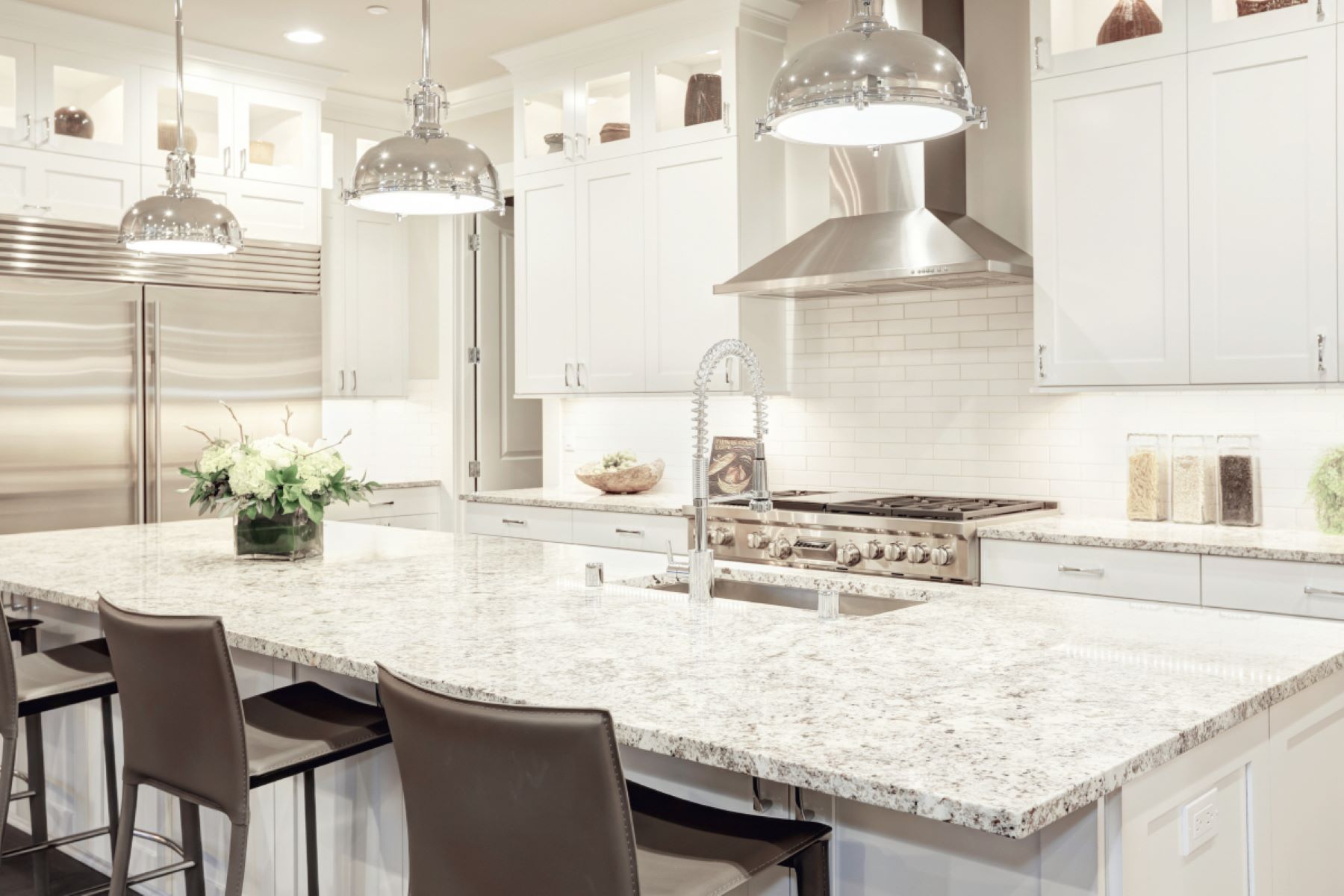
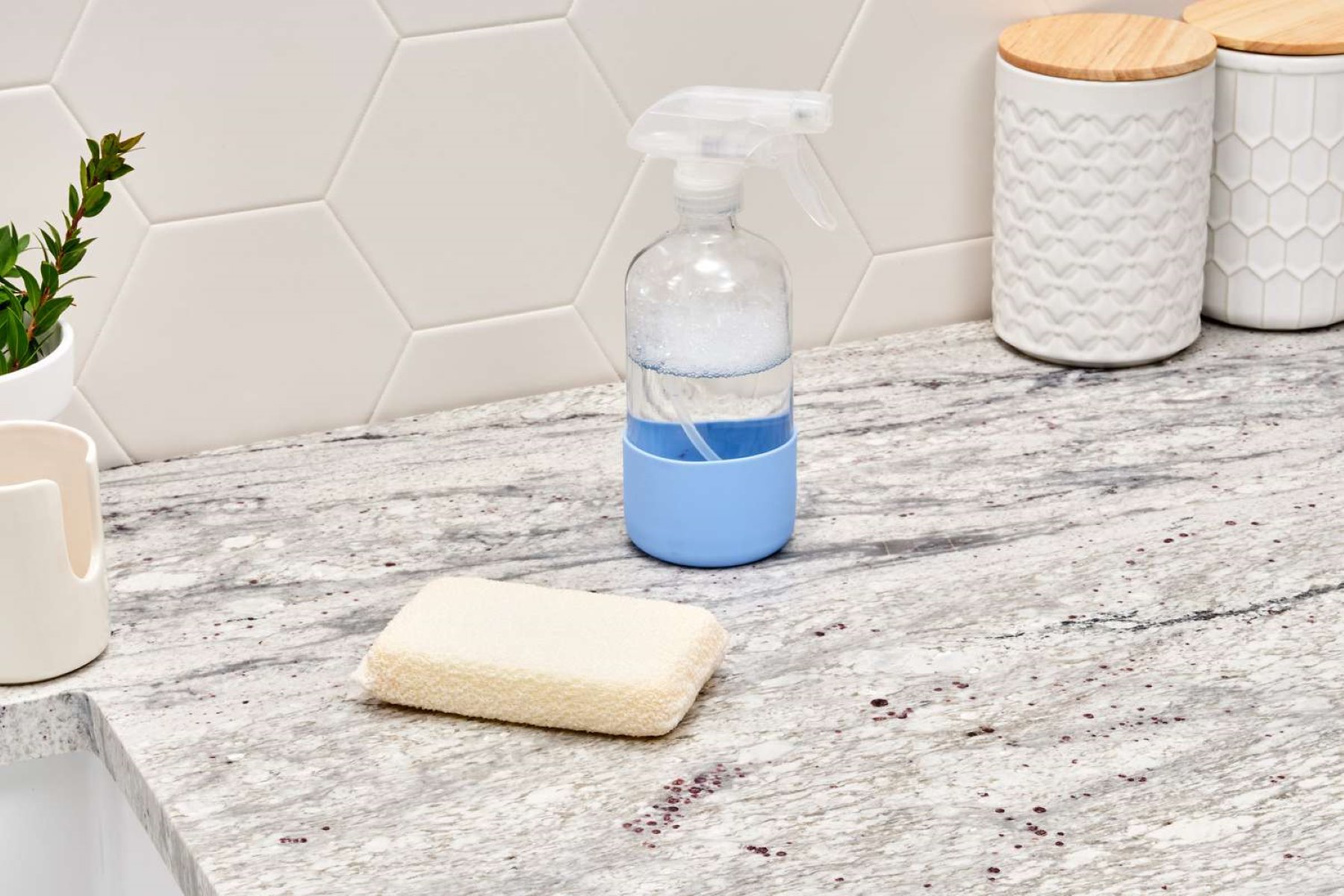
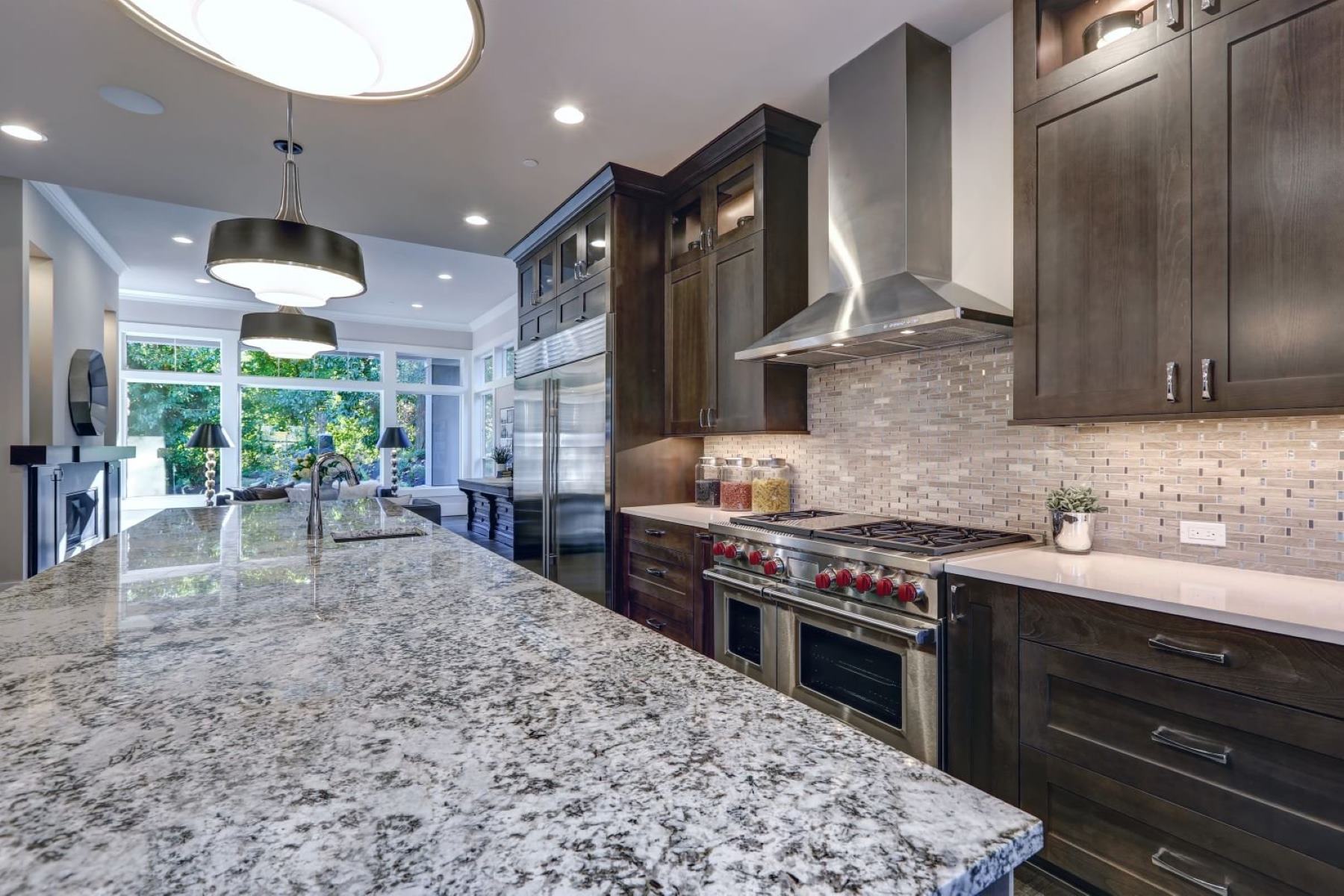
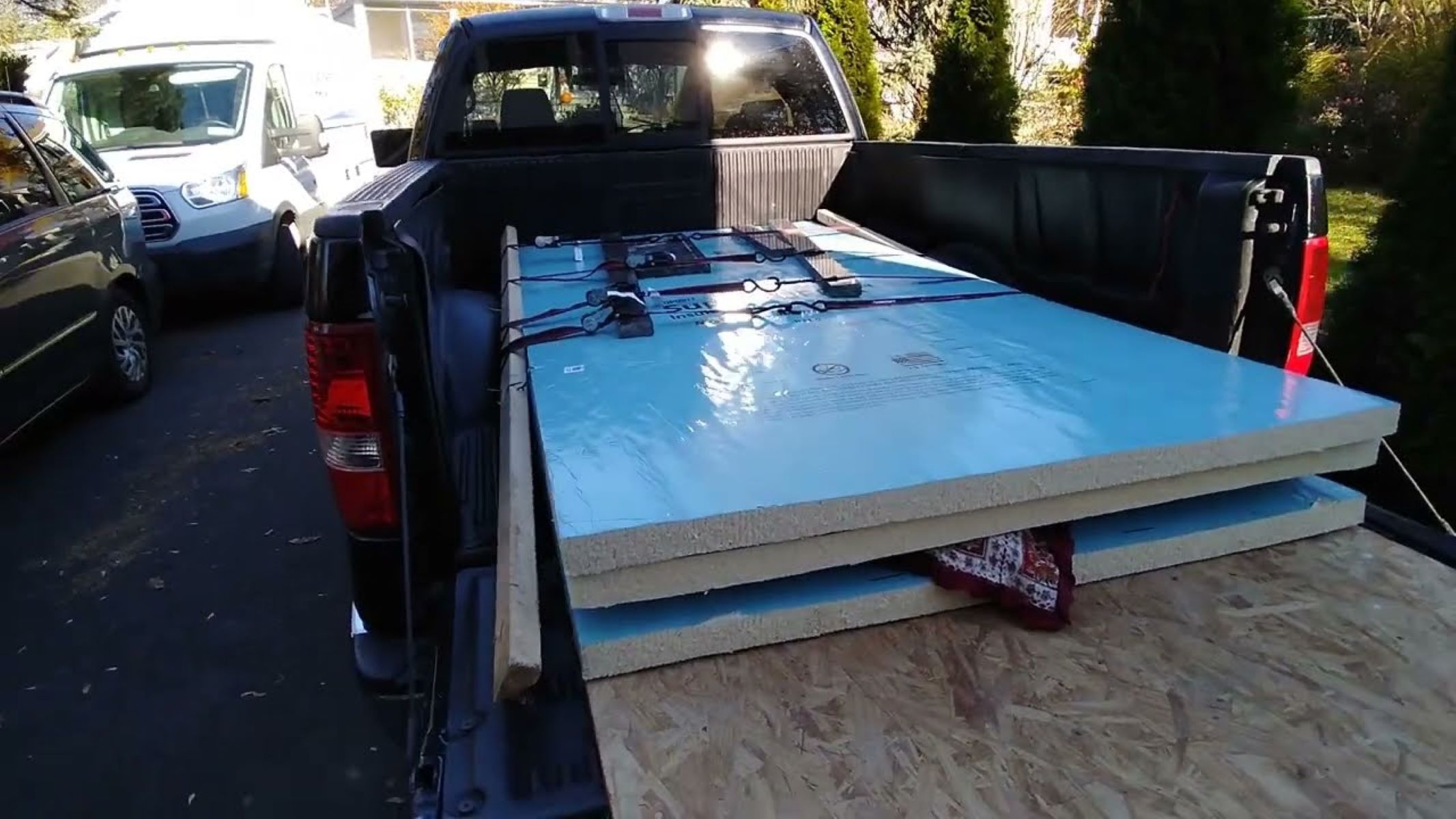
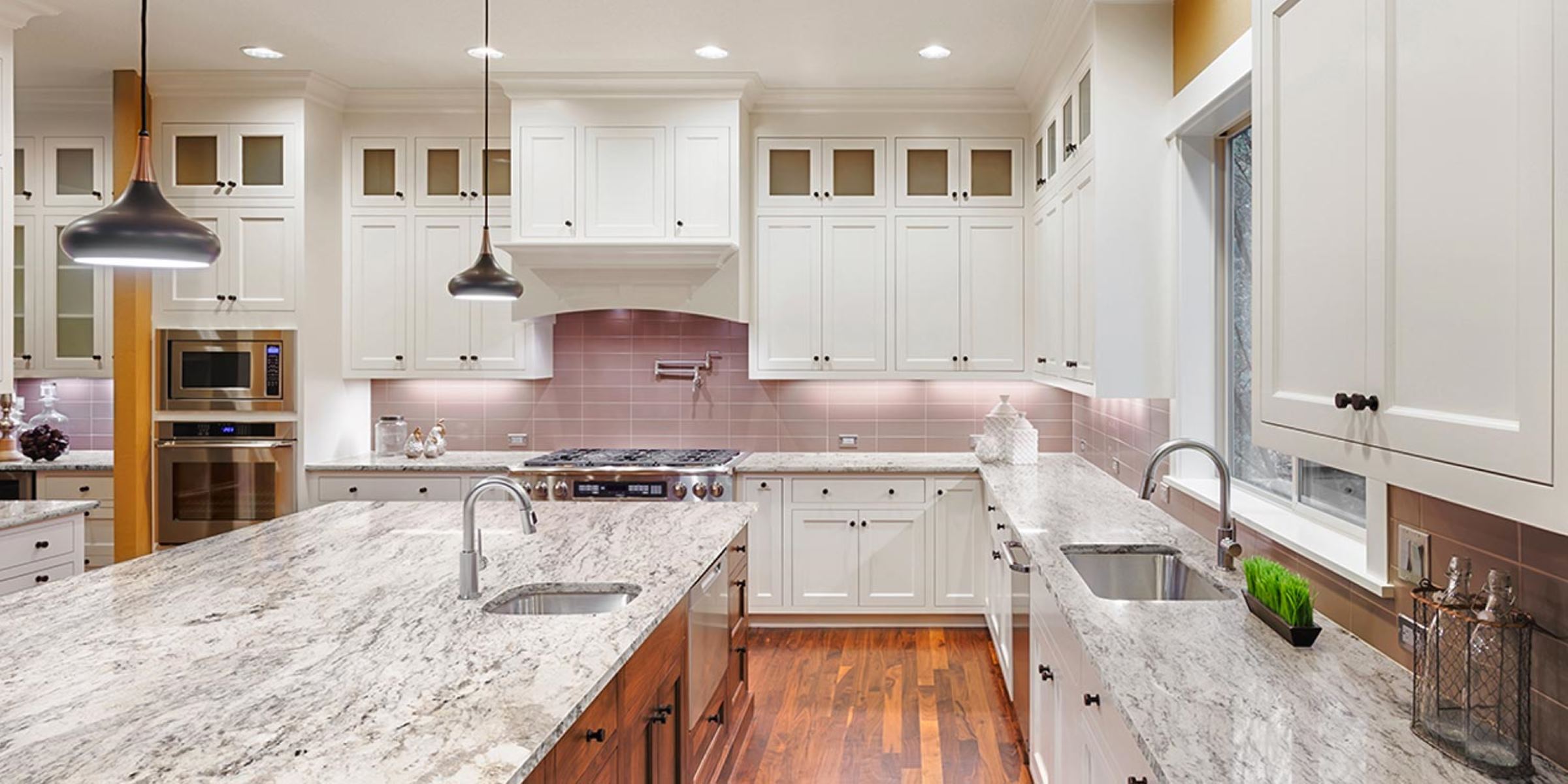
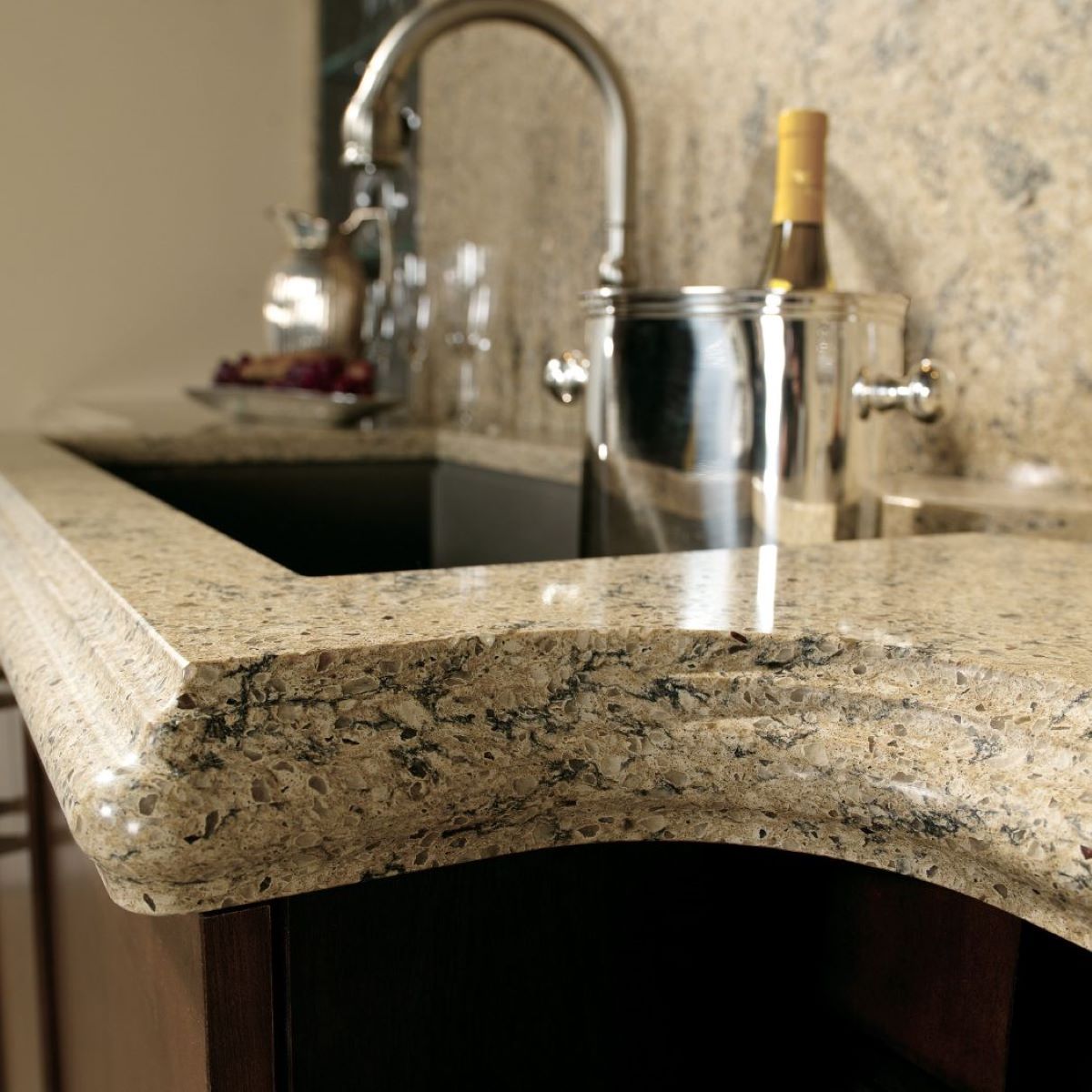
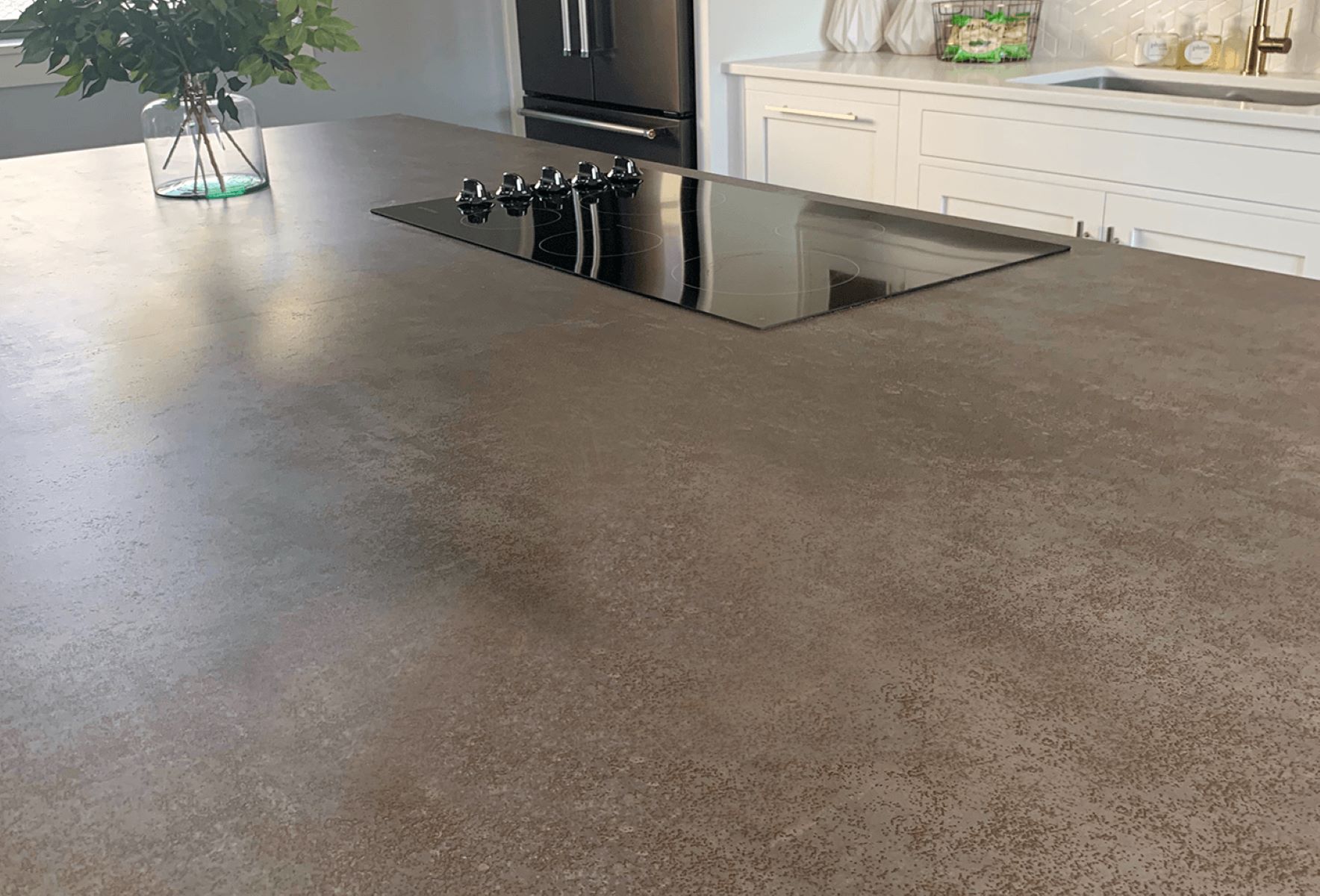
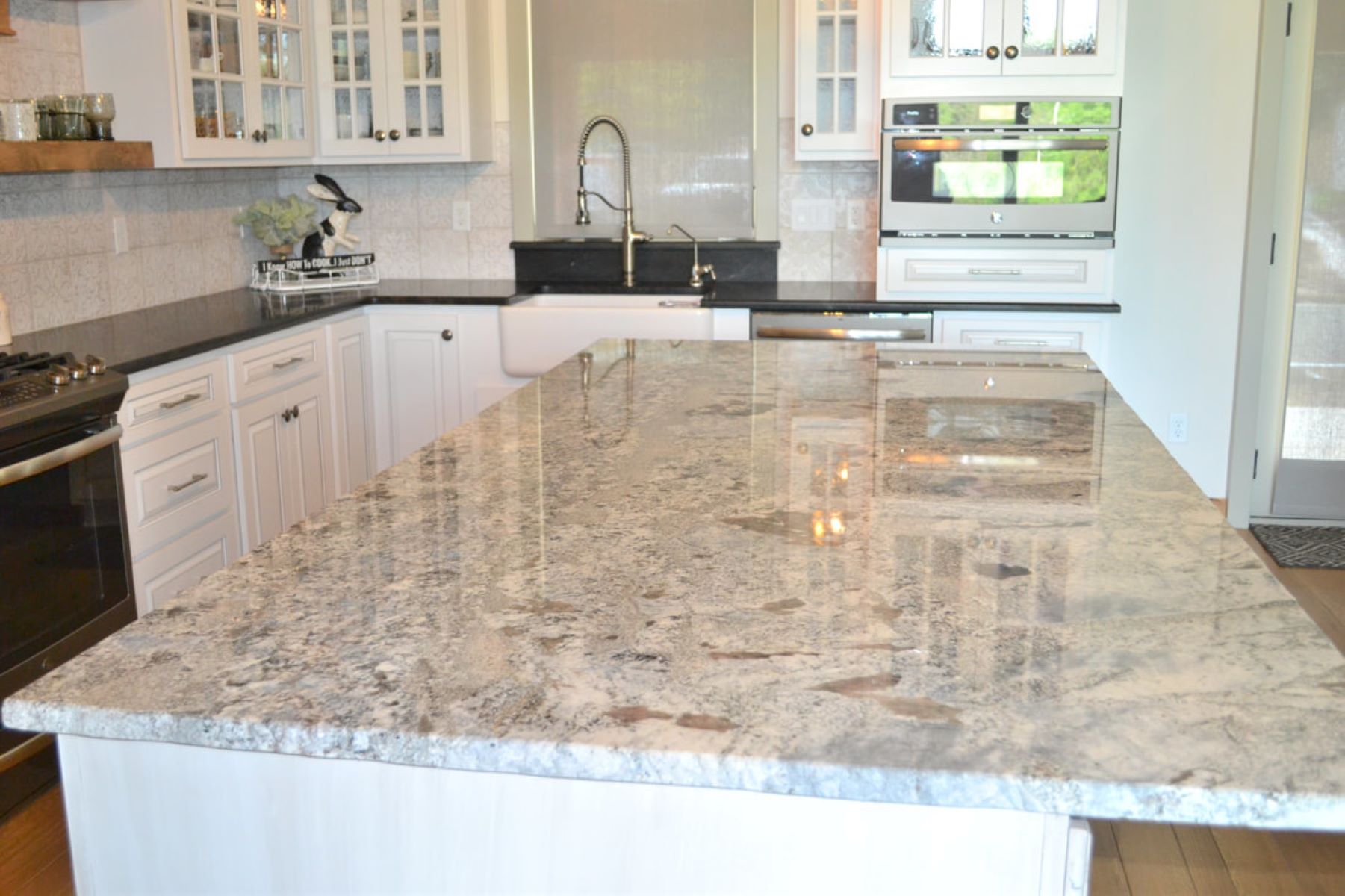
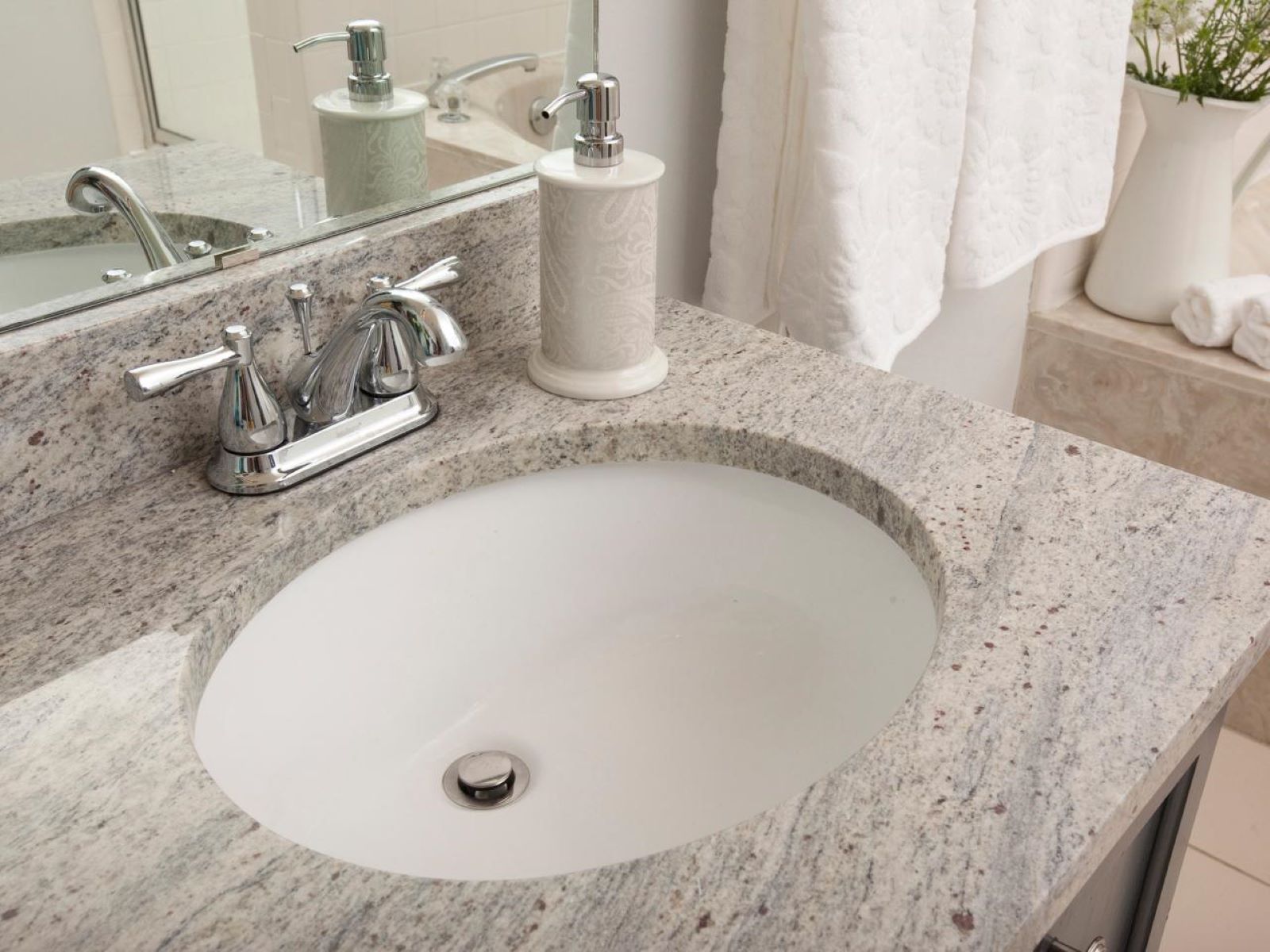
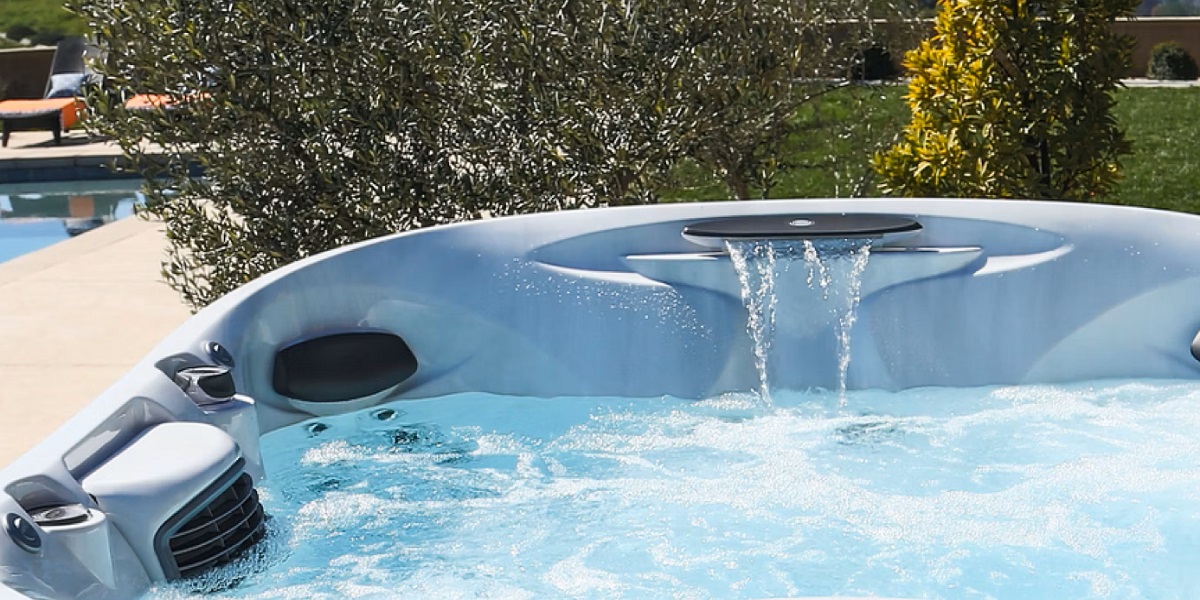
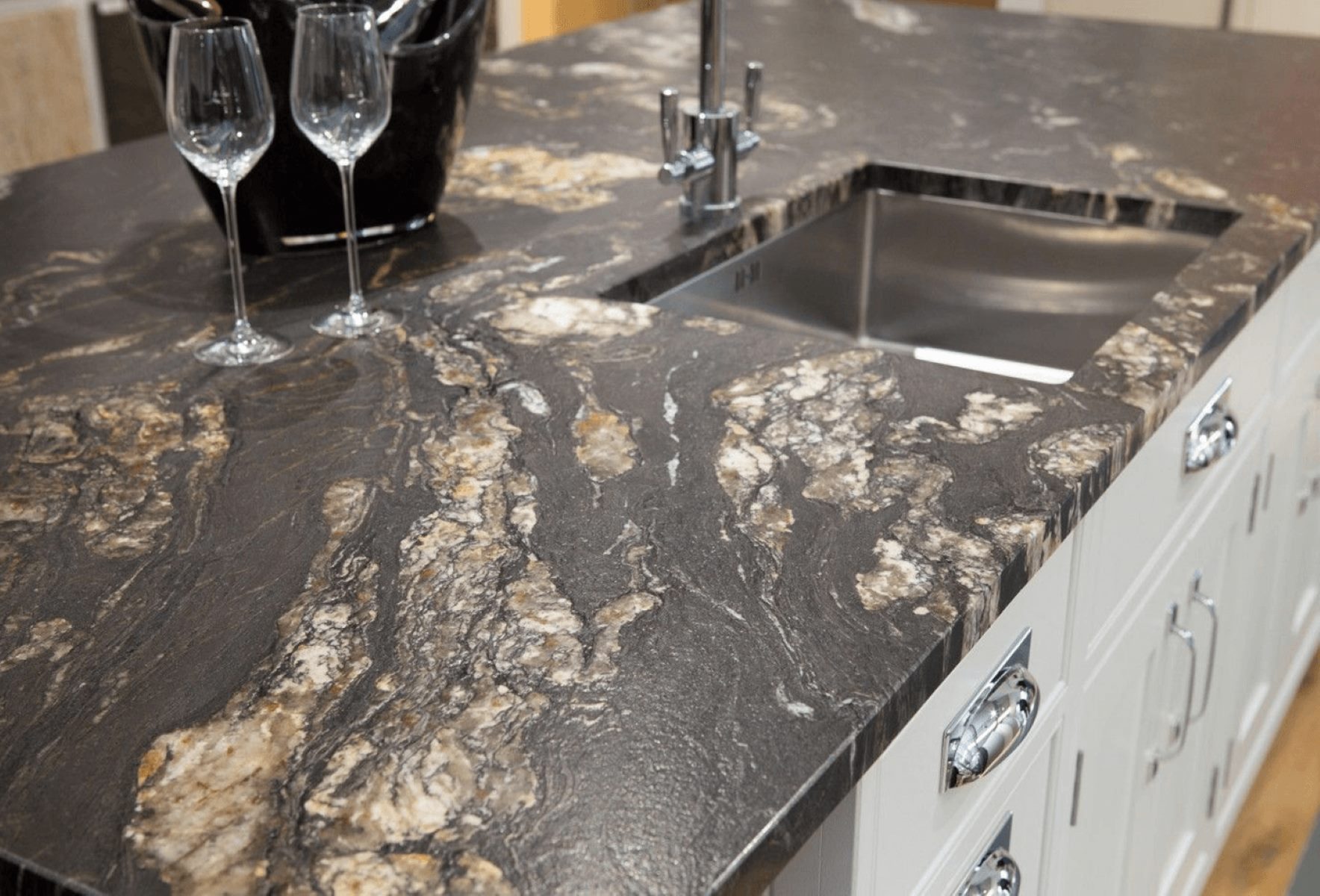
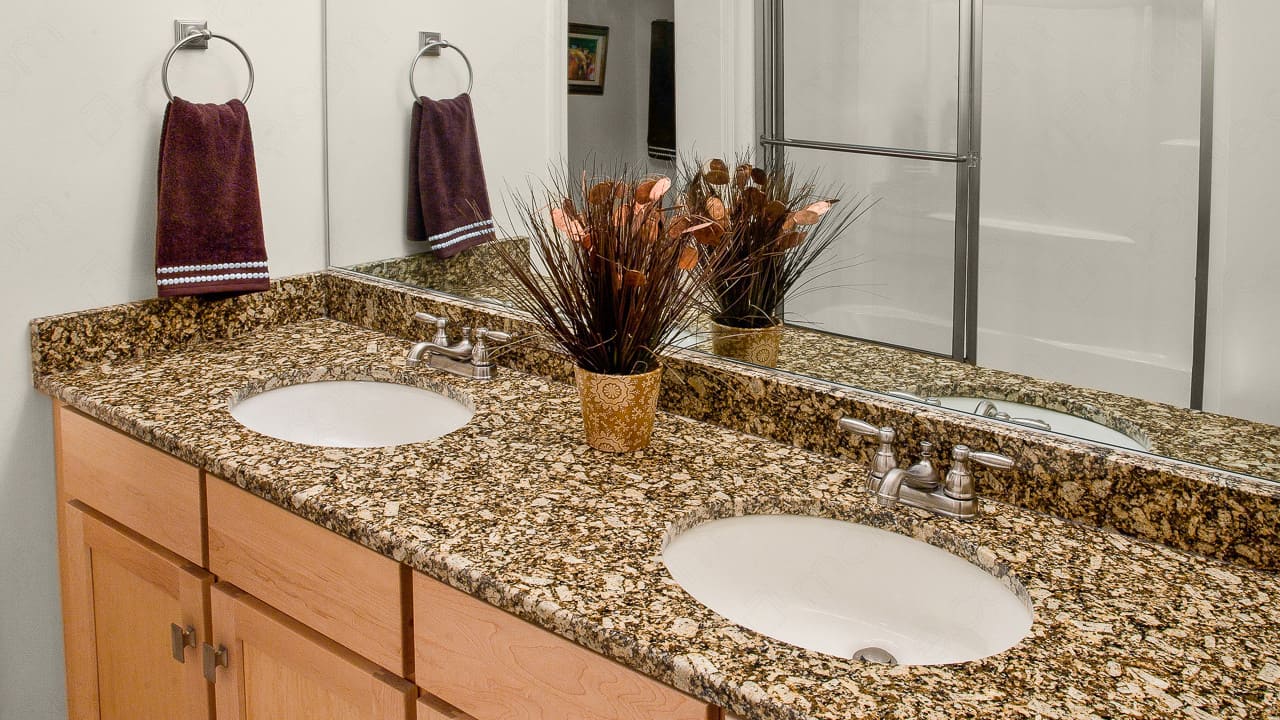
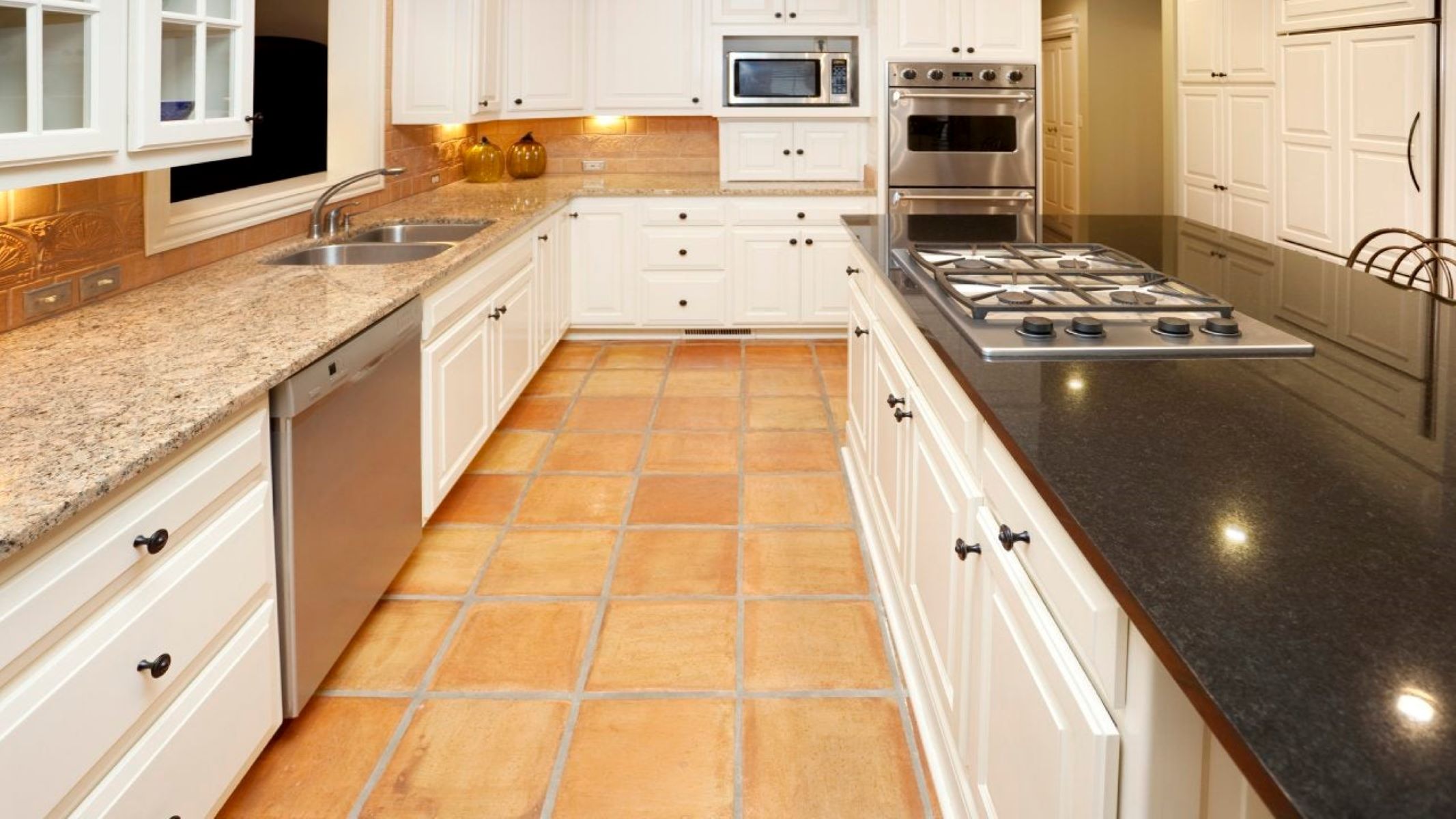
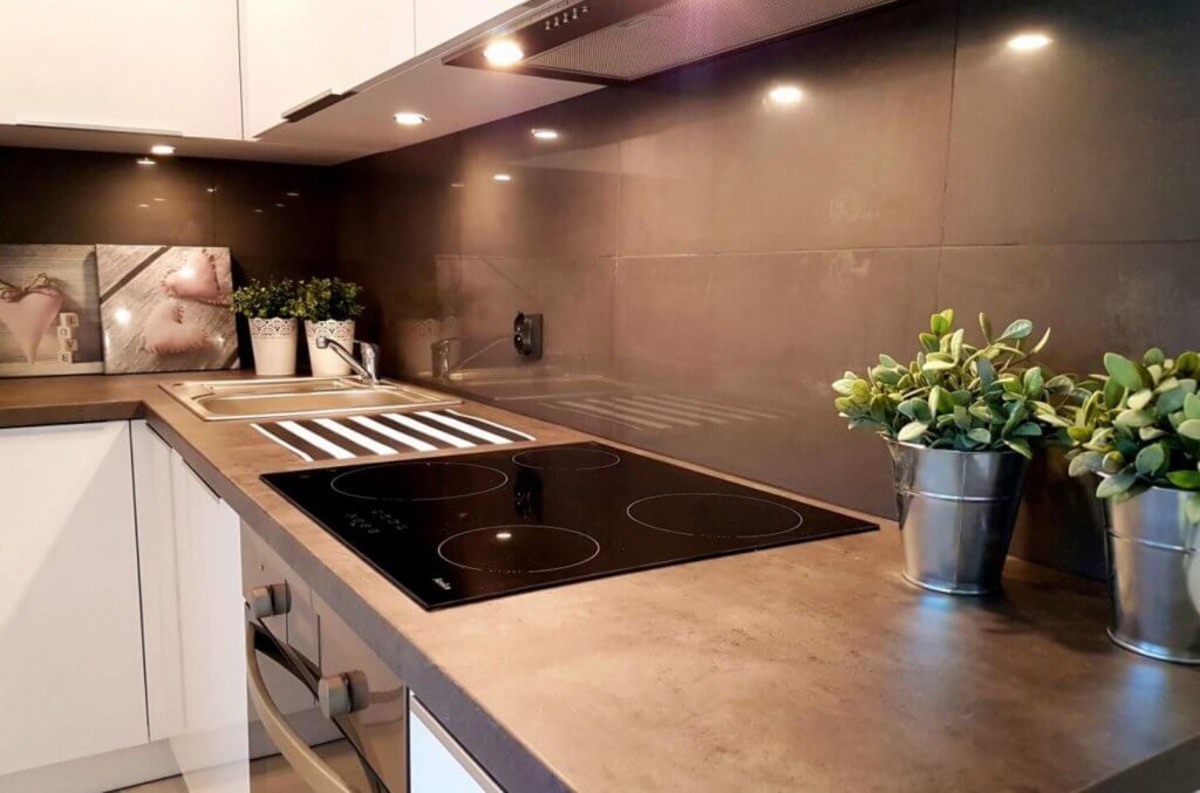

0 thoughts on “How To Get Rid Of Gritty Feeling On Granite Countertops”